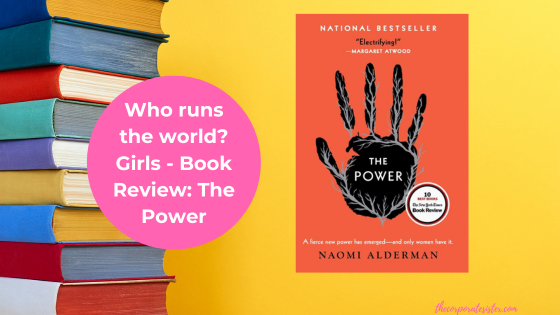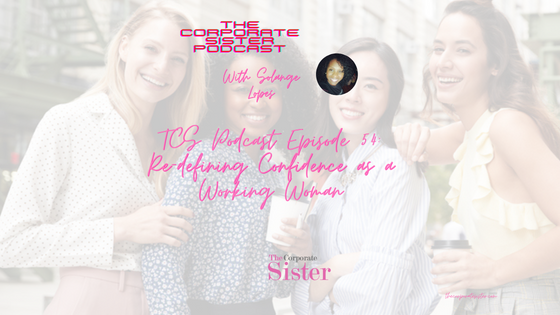If there were ever a book that transported me to the quintessential alternate feminist stratosphere, it would be The Power. This 2016 novel, and 2023 Oprah Book Club pick, by British author and novelist Naomi Alderman depicts a tale of gender dominance rooted in the power held by women in their bodies. This power gives teenage girls and women the vital force to inflict enormous pain, and even cause death.
What if women ruled the world? This is the initial premise of The Power. More specifically, what if every woman possessed the electric power to rule the world? In Naomi Alderman’s novel, this premise becomes reality as women suddenly develop the peculiar strength to send electrical shocks from their hands. Armed with this new power, girls and women everywhere free themselves from misogyny, abuse and threats of all kinds. As the novel progresses, a literal reversal of power happens, flipping the familiar construct of the patriarchy on its now fragile head. Men are now under the dominance of women, needing a legal female guardian authorizing their whereabouts and not being safe walking down the street. A new world where men experience what too many women have been subjected to for too long…
<iframe sandbox="allow-popups allow-scripts allow-modals allow-forms allow-same-origin" style="width:120px;height:240px;" marginwidth="0" marginheight="0" scrolling="no" frameborder="0" src="//ws-na.amazon-adsystem.com/widgets/q?ServiceVersion=20070822&OneJS=1&Operation=GetAdHtml&MarketPlace=US&source=ss&ref=as_ss_li_til&ad_type=product_link&tracking_id=12790c0-20&language=en_US&marketplace=amazon®ion=US&placement=0316547603&asins=0316547603&linkId=2ece01bf542c2be070c9500565f139bf&show_border=true&link_opens_in_new_window=true"></iframe>The Power is built around four main characters, including an abused American foster child guilty of her abusive step-father’s murder, a crime boss’s daughter from London looking to avenge her mother’s death, an ambitious U.S. city mayor and her daughter, and a young Nigerian journalist.
Yet, The Power is more than just about this utopia of female empowerment. Actually, it goes from utopia to dystopia as women begin abusing their newfound might. In the second half of the novel, Alderman paints in wide brush strokes the classic picture of power, its excessive, corruptive and oh so destructive effects on human nature. She asks important, subdued questions about the nature of God, the foundation of faith and the secrets of organized religion. Lastly, and maybe more importantly, The Power leaves us with one powerful suggestion, through the once character of the novel whose identity is never revealed, one who could be the voice of God or that of intuition. It is the suggestion that it was never so much about whether or not women lack power, but rather whether or not they realize their power and use it for good.
At the end of the day, the power was always there. However, power is a mirror, reflecting the depths, breadth and width of the ones who use it.
A must-read!
The Corporate Sis.







